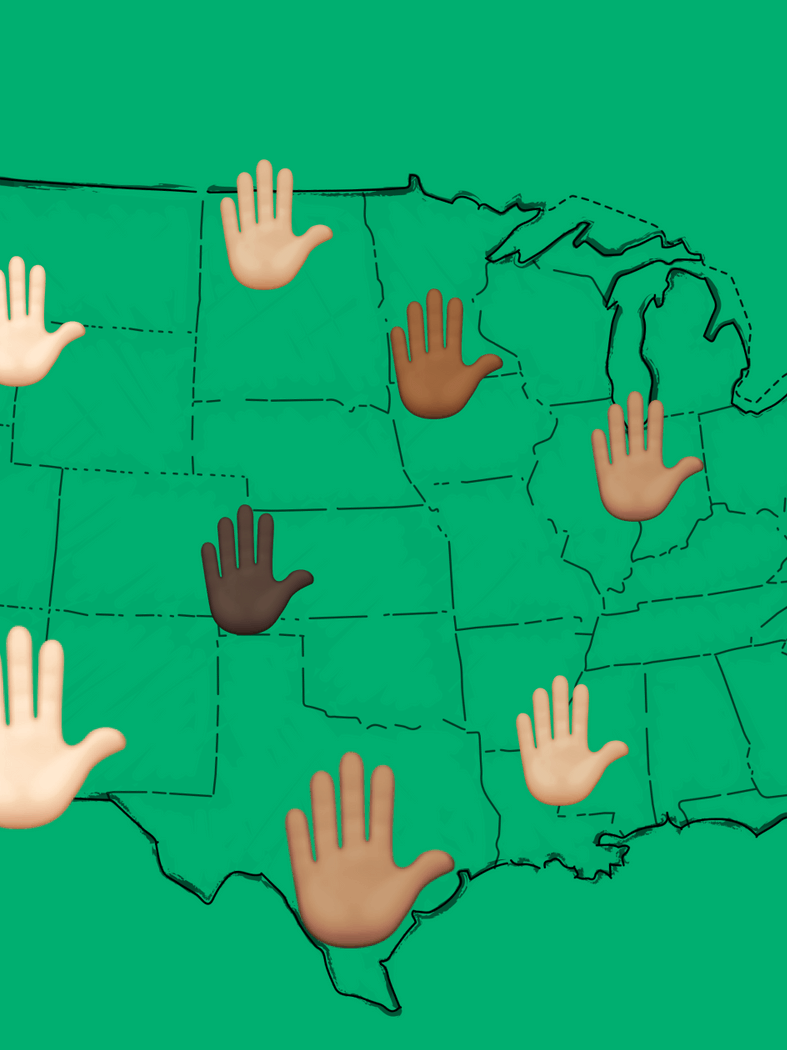Small revisions have been made below.
Did you know that it takes less than one second for someone to form an opinion about your business’s website?
Yup, that’s right. It takes less than one second for someone to get a sense of your website and decide whether or not they want to make a purchase.
Picture this. We go and visit a website to buy a new phone case. Once the site loads, we are overwhelmed by clashing colors, fonts, and images. The company’s logo is also not easily identifiable. The website is in utter chaos and because of this, your trust in the brand dissipates.
So, what’s going on?
The diagnosis is a typical case of having zero to little branding. This is one of the biggest no-nos in business. You can build the best product ever, but it’s very unlikely that the product will get seen by potential customers without authentic branding and marketing. Now more than ever, it’s important for customers to feel connected to your unique brand before they purchase. Your brand has to be consistent to build trust and relationships with your audience.
The diagnosis is a typical case of having zero to little branding. This is one of the biggest no-nos in business. You can build the best product ever, but it’s very unlikely that the product will get seen by potential customers without authentic branding and marketing. Now more than ever, it’s important for customers to feel connected to your unique brand before they purchase. Your brand has to be consistent to build trust and relationships with your audience.
A cohesive, recognizable brand is what keeps people coming back. Strong branding drives your return on investment. When you strike out on good branding, you increase the chances of your product being chosen over the competitors. You’ll attract customers at a lower cost—and they’ll be okay with paying more and buying more frequently.
What is a brand?
Sounds good, right? But what is branding? Is it a logo? Is it a color? Well, kinda.
Sounds good, right? But what is branding? Is it a logo? Is it a color? Well, kinda.
Branding elements include a brand compass, brand archetype, brand personality, brand promise, competitive advantage, and visual and verbal identity. Oh, and brand experience. (We’ll explain that in a later blog post, don’t worry.) While this may seem like a lot, it will make executing the overall vision of your company much easier. Put in the work now to save time later.
To create a brand, you must conduct research, develop your personality, choose a business name, and create a brand aesthetic.
1. Research
If you don’t know who your target audience is then you can’t sell to them. Shaping your messaging is integral in bringing customers in, but let’s get real. You can’t create messaging for an undefined audience. How will you know who you are talking to—and how will they know that the message is meant for them?
There are a few ways that you can get started when it comes to defining your audience:
Seek out people that fit your market and would use your potential product or service. Ask them about the brands they typically buy from.
- Find social media accounts that your target audience already follows to see what resonates with them.
- Google, google, google. You can use it to analyze your competitors and to take a peek into your industry’s standards.
- Take yourself through your customer journey. Pretend that you are a new customer shopping at your business to get an idea of how your customers find and purchase your product.
As you do your research, some important things to remember:
- Figure out which customers you can easily sell to.
- Remain mindful of established, popular competitors.
- Learn more about your customer. Look into how they speak, what they speak about, and what their interests are.
2. Develop your brand personality
One of the biggest mistakes businesses make is trying to make their product or service appeal to everyone. You have to let your audience know that you have what they need. So, how do you do this? Start with choosing your focus and personality.
This is one of the most important parts as it dictates every other part of your business. As you develop your brand, you should establish your brand’s position within the market.
One way to do this is by creating a brand positioning statement. This statement should include the product/service you offer, your target market, your value proposition, the alternative, and what makes you different.
Consider words associated with your brand and humanize your brand. What characteristics would you give your brand if it was a person? Start by picking a few adjectives that align with your brand. You can even think about metaphors that help personify your brand. Think about animals, celebrities, sports players, etc.
3. Choose a business name.
Don’t already have a business name? That’s no problem. The possibilities are endless when it comes to the name you can use for your business, but be aware of these things:
Don’t pick a name that is similar to a competitor’s.
You don’t want to get buried away because your brand name is similar to another’s. How will people find you—especially if that business is geographically close to you?
Start your search by doing a quick online search for businesses with similar names. The U.S. Patent and Trademark Office database is also helpful. Doing these things will help you avoid a lawsuit.
Choose a name that is easy to spell and pronounce.
If people are unable to spell or pronounce your name, they’re less likely to buy from you. Being unique is good—but don’t get too complicated. Your potential customers will need to easily identify and find your business.
Pick a name that fits your brand.
Make sure your name can be easily identified among your competitors and pay attention to who your ideal customer is. Doing this will ensure that you have a name that stays consistent with your product and service thus causing less confusion and friction for customers.
4. Create a brand aesthetic.
Now, this is the fun part. Creating a brand aesthetic brings your business to life. Brand aesthetic refers to your business’s visual look. Your messaging, style, and tone are communicated through colors, fonts, images, logos, submarks, etc.
A brand aesthetic helps you create a vibe that your customers will relate to. Having a brand aesthetic also helps streamline your content creation for social media. It’s a win-win.
Creating a brand may seem overwhelming—but the payoff is immense. If you do your research, develop your brand personality, choose a business name, and create a brand aesthetic, you’ll be one step closer to building the brand of your dreams.
At Studio Mars, we have a passion for helping people create authentic brands that they’ll love. Let us help you take it to the next level and get in front of your customers.









